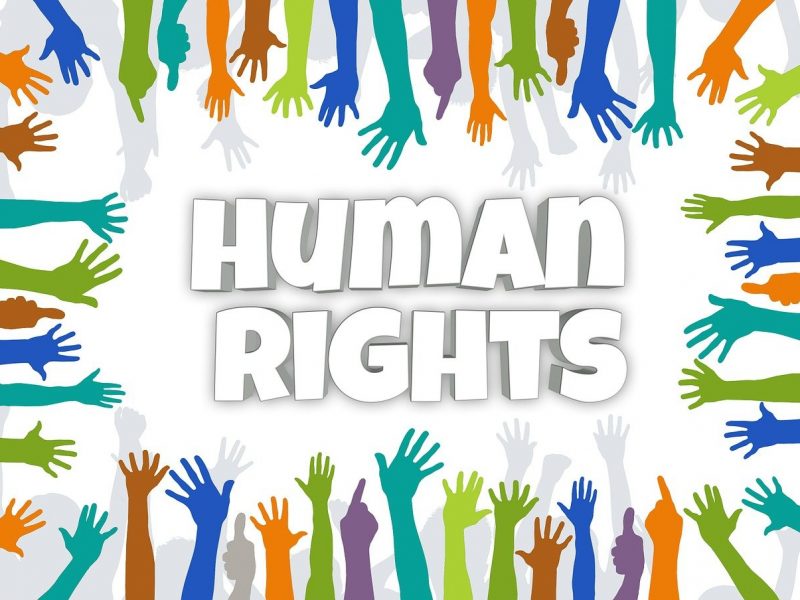If you read me, you know I promised to break down the new letter from Liberators4Justice asking all to sign a recommitment letter to the Independent Living Movement. And how it is critical we make this Interdependent Living. I want to talk about the first part of the recommitment letter, Civil Rights and Disability Justice
The big bullets are:
- Civil Rights & Disability Justice
- Disability Leadership and Staffing
- Choice, Control & Community Supported Self-Determination
- Advocacy
- Deinstitutionalization
- Non-Conflicted Services
- Financial Equity and Integration
- Respect & Empathy
Let’s talk about the first bullet, Civil Rights and Disability Justice
The letter says the following:
“We commit to protecting and advancing equity and justice for all. We understand that focusing only on rights and access, while neglecting to address our peoples’ vast variety of cultural and historic oppressions, is an injustice to our community. The disability community is diverse and many members continue to be oppressed and marginalized for having identities beyond their disability. Recognizing the intersectionality of disability rights with other civil rights, we commit to building diversity, equity and access on all levels within IL leadership, policies, systems, programs, staffing, and governance, to foster and advance practices of inclusion that embrace cultural, physical, sensory and cognitive accessibility to the maximum extent possible.”
When it all comes down to it, we are talking about human rights.
With some help from AI (thanks ChatGPT), here are some talking points that can make it easier to understand what this means to all of us.
Talking Points
- Intersectionality: Disability justice recognizes that people experience multiple forms of discrimination simultaneously, such as racism, sexism, homophobia, transphobia, classism, etc. It is important to understand how these intersect with disability to create unique experiences of marginalization.
- Centering Marginalized Voices: This prioritizes the voices and leadership of those most marginalized within the disability community, including people of color, LGBTQIA+ individuals, immigrants, and others who have historically been excluded from mainstream disability advocacy.
- Holistic Approach: Disability justice addresses systemic barriers in areas such as education, employment, healthcare, housing, and transportation. It goes beyond the basic needs and focuses on living a full and productive life.
- Rejecting Ableism: Ableism is the systemic discrimination and prejudice against people with disabilities. Disability Justice critiques the idea that being non-disabled is the norm or ideal, and advocates for a society where all bodies and minds are valued equally.
- Accessibility: Ensuring accessibility is a key component of disability justice. This includes physical accessibility (such as ramps and Braille signage), as well as communication accessibility (such as sign language interpreters, captioning, and alternative formats). It is important to remember that accessibility is personal and meeting every single need is not an easy task. The criticality is to provide opportunity to request accommodations.
- Self-Determination and Autonomy: Disability justice supports the rights of individuals with disabilities to make their own choices and control their own lives. This includes the right to choose their own paths for healthcare, education, employment, relationships, and more. It is hard to imagine that this is in question as it is a basic human right.
- Community Care and Interdependence: Rather than promoting independence as the goal, disability justice emphasizes interdependence and the importance of community support networks. It recognizes that everyone relies on others to some extent, and that supporting each other strengthens communities.
- Transformative Justice: Disability justice advocates for systemic change rather than just individual accommodations. It calls for the dismantling of oppressive structures and the creation of a society that is truly inclusive and equitable for all.
- Solidarity Across Movements: Disability justice recognizes the interconnectedness of different social justice movements and seeks to build alliances with other marginalized communities. This includes supporting movements for racial justice, gender equality, LGBTQIA+ rights, environmental justice, and more.
- Cultural Shifts: Ultimately, disability justice is about challenging societal attitudes and norms regarding disability. It involves shifting cultural perceptions from pity or inspiration to respect, dignity, and celebration of diverse abilities and experiences.
The letter to commit to standing behind and reigniting the Independent Living Movement is still taking sign-ons. You can find the full letter here and make the choice to sign on if you wish. Go to the letter and signature page of the IL Movement Recommitment Letter.
Want to talk about it? Reach out to The Information Tamer.


 The Independent Living Movement Needs to be More Interdependent.
The Independent Living Movement Needs to be More Interdependent.
